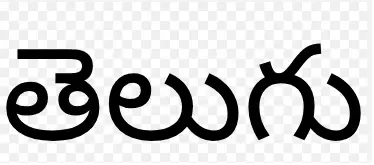Two days after an 8-year-old boy was shot and killed on the Northern Cheyenne Reservation, LeVonna Littlebird-Graham led a march of about 150 people calling for change. Holding signs and chanting for justice, they walked from the Bureau of Indian Affairs office in Lame Deer about a mile south to the tribal council chambers. Littlebird-Graham also taped handwritten signs to fence posts across the reservation, reading things like, "No more.
Take a stand. Stop the violence." and "Take your drugs off our Rez.
" "I want more people to be held accountable," she said, adding that her 19-year-old nephew Kymani Littlebird was found dead on the reservation in 2020. "If you see something not right in your neighborhood, call it in. If you can stop the drugs and alcohol in this community, do it.
If you can implement change, do it. Don’t just sit there and let things happen to where we have to bury our babies." That "if you see something, say something" attitude has taken hold in the close-knit tribal community in recent weeks following the death of an elementary school student.
While the tribe has filed several lawsuits in recent years related to long-term frustrations with law enforcement, the boy’s death has brought to the surface a deep-seated resentment of a broken criminal justice system. Feeling let down by the federal government, Northern Cheyenne community members are instead turning to each other to improve public safety. But even community-driven solutions, like neighborhood .



















